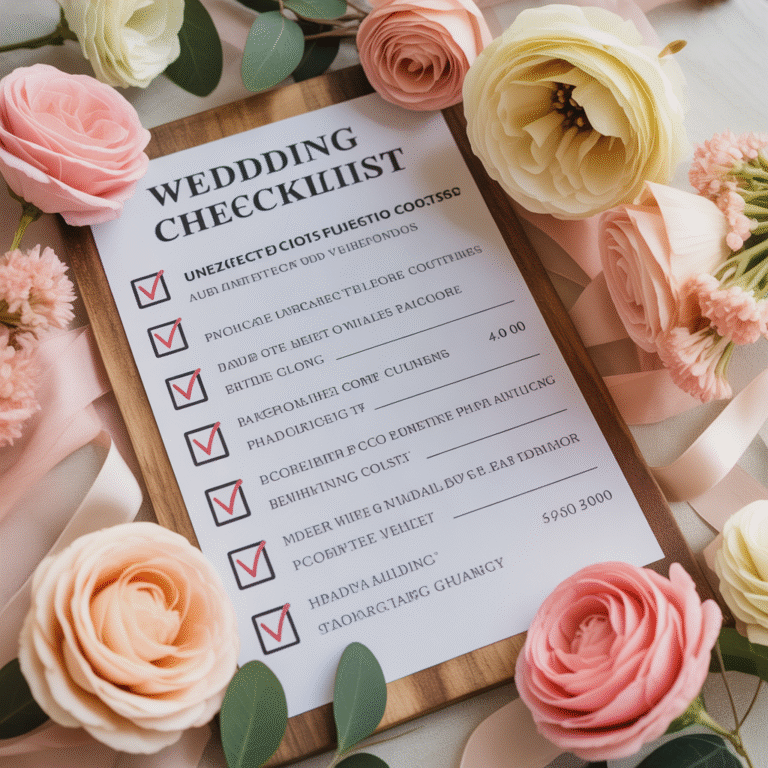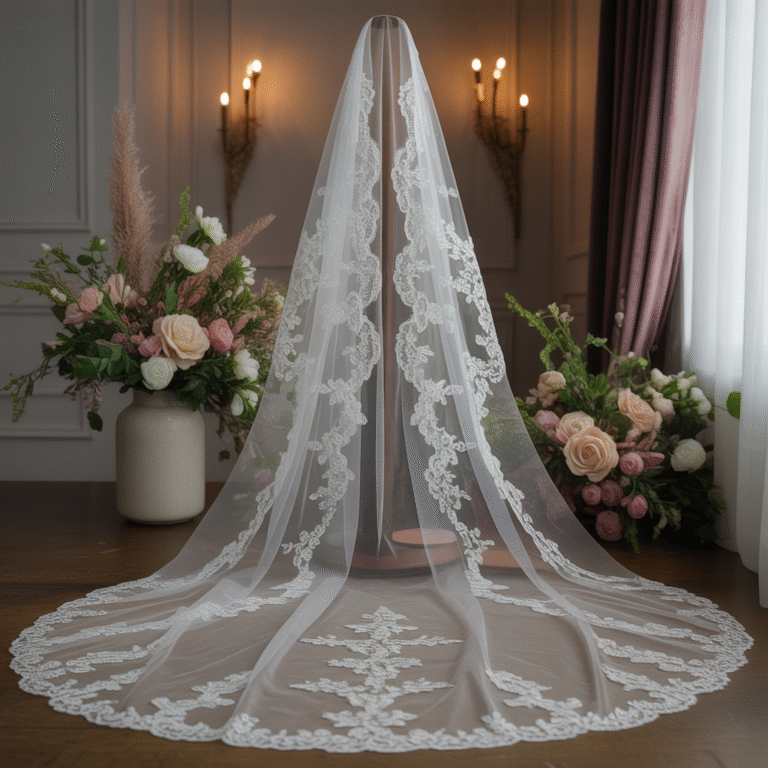How to Stay on Budget for Your Wedding
Introduction
Definitions
A wedding budget is a financial plan that outlines all expected costs associated with the wedding. This includes expenses for the venue, catering, attire, and decorations, among others. Staying on budget means managing these costs effectively to avoid overspending and financial stress.
Key Concepts
To successfully manage your wedding budget, start by setting a clear budget limit based on your financial situation. Break down your budget into categories such as venue, food, and entertainment. Allocate a specific amount to each category and prioritize spending based on what matters most to you as a couple.
Another key concept is tracking expenses. Use budgeting tools or spreadsheets to monitor spending as you plan. This will help you identify areas where you may need to cut back or adjust your spending. Additionally, consider the importance of contingency funds, which can cover unexpected costs that may arise during the planning process.
Lastly, research can save you money. Look for discounts, compare prices, and ask for referrals. Engaging with vendors who offer package deals can also help streamline costs.
Examples
For instance, if your budget for catering is $5,000, you can explore different catering companies to find one that meets your needs without exceeding your limit. Perhaps opting for a buffet instead of a plated dinner can provide significant savings.
Similarly, consider DIY projects for decorations. Creating centerpieces or invitations yourself can reduce costs and add a personal touch to your wedding.
Pros and Cons
One of the major pros of staying on budget is the reduced financial stress. By knowing your limits, you can enjoy the planning process without worrying about debt. Moreover, being budget-conscious encourages creativity, often leading to unique wedding ideas that reflect your personality.
However, there are cons as well. Strict budgeting may limit some of your desired options, leading to compromises that might affect your vision. Additionally, unexpected costs can arise, making it challenging to stick to the original plan.
Case Study
Consider the case of Sarah and John, who planned a wedding with a budget of $10,000. They prioritized their guest list and decided to keep it small, which allowed them to invest more in quality food and entertainment. By researching venues and choosing an off-peak date, they saved significantly on rental fees.
They also utilized DIY projects for decor and enlisted the help of friends for photography. By maintaining clear communication and tracking their expenses, they successfully hosted a beautiful wedding well within their budget.
Future Trends
Looking ahead, wedding budgets are likely to evolve with changing societal norms and economic conditions. More couples may prioritize sustainable practices, opting for eco-friendly options that can also be cost-effective. Additionally, virtual planning tools are becoming increasingly popular, making budget tracking more accessible and efficient.
Conclusion
Staying on budget for your wedding is achievable with careful planning and prioritization. By understanding key concepts, utilizing resources effectively, and maintaining flexibility, you can enjoy your special day without financial worries.







